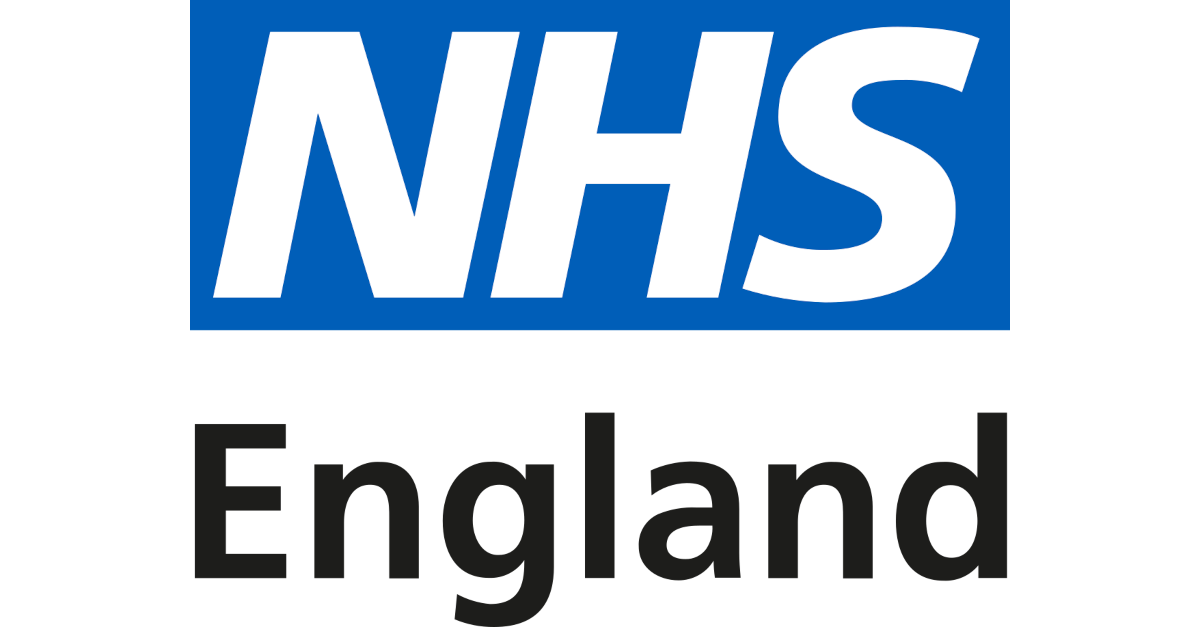More than 100,000 people in England have now been tested for hepatitis C through the NHS’s confidential home testing service, in a major milestone towards eliminating the virus as a public health threat.
England is one of the few countries in the world on track to eliminate hepatitis C well before the World Health Organization’s 2030 target, thanks to concerted action by the NHS, public health teams and charities.
Latest data shows that 105,998 people have ordered an at-home NHS hepatitis C test, since the portal launched in May 2023.
Around 225 people have been saved from the deadly virus thanks to NHS treatment, after testing positive through the scheme.
The virus, which can lead to liver failure and cancer if left untreated, can be cured in more than 9 out of 10 cases with a short course of antiviral tablets. Many people infected have no symptoms for years, meaning targeted testing is vital to find and treat hidden cases.
The NHS is determined, as part of its commitment to the 10 Year Health Plan, to drive down health inequalities and give everyone who needs support easy access to the care they need.
Analysis of the testing data reveals that 70% of all positive cases have come from the most deprived half of the population – underlining the importance of targeted outreach to address health inequalities. Positivity rates are highest among 40–44 and 45–49 year-olds (both 0.81%), followed by those aged 35–39 (0.6%).
The most common risk factors reported by positive cases include injecting drug use, sharing needles and other drug paraphernalia, and a history of prison.
More than 130 people returned insufficient RNA results and were referred on for further testing through NHS Operational Delivery Networks, with some likely to have subsequently tested positive.
Professor Meghana Pandit, NHS national medical director, said: “Reaching this milestone shows the NHS is firmly on track to eliminate hepatitis C in England ahead of the global target, saving more lives from preventable liver disease.
“As part of our commitment to the 10 Year Health Plan, we want to make it easier for people to access care before hidden viruses like hepatitis C cause people serious harm.
“The home testing service is available to everyone, and through targeted outreach to people at higher risk we are helping thousands avoid serious illness and reducing health inequalities in the process.
“If you or someone you know might be at risk, order a free and confidential test today via the NHS hepatitis C testing website – it could save your life.”
The home testing portal is available in both English and Urdu to support accessibility for people who may have been exposed to hepatitis C in countries such as Pakistan and India, where people can come into contact with infected blood through medical procedures, blood transfusions and blood products, or equipment used in cosmetic services.
The self-testing kit involves a simple finger prick, with a tiny blood sample dropped into a test tube and posted to a lab for analysis. Those who receive a positive test result are then contacted and referred for treatment.
The NHS continues to encourage anyone who may have been at risk – including people who have ever injected drugs, received a blood transfusion before 1992, or had medical treatment abroad – to order a free, confidential test via the NHS hepatitis C testing website.
Alongside home-testing kits, the health service also offers a comprehensive hepatitis C testing programme, including in emergency departments, mobile testing vans in the community and drug and alcohol services.
Klavs Voldins, 38, from Leicester, ordered a self-testing kit from the NHS website last summer after searching online for the easiest ways to test for hepatitis C.
“I wasn’t sure how easy it would be to get an appointment, so when I saw that I could get a test at home, it felt like the best option. It was very easy to do and everything is shown and clearly explained in the instructions,” says Klavs.
After sending back his sample, Klavs was contacted by the liver team at University Hospitals of Leicester and told he had tested positive for hepatitis C.
“They called me into the liver clinic and confirmed the test result. Once it was confirmed, they gave me a prescription for treatment. The treatment was fine, I didn’t have much in terms of side effects, and the nurses and staff at the hospital were brilliant.”
Klavs was prescribed direct-acting antivirals, which typically clear the virus after 8 to 12 weeks. Three months after completing treatment, he tested again and received the all-clear.
“I didn’t have any symptoms of infection, but it feels great knowing I don’t have hepatitis C now. To anyone thinking of testing for hepatitis C, I’d suggest to just do it, because you never know. It’s so easy to test at home and you don’t have to take time off work or anything to do it, so it really has been great.”
Sema Mandal, Deputy Director, Blood Safety, Hepatitis, STIs and HIV at UK Health Security Agency, said: “Our data shows that the number of people with hepatitis C in England is continuing to fall, thanks to more people getting tested and taking treatment that clears the virus. I’m delighted to hear that 100,000 of the free self-testing kits have already been ordered via NHS online and this should further help us defeat this disease.
“Hepatitis C elimination is in reach if we can accelerate testing, support people to get treatment, reduce the stigma experienced by people living with hepatitis C and prevent people getting the infection in the first place – particularly those who inject drugs.
“Hepatitis C can go unnoticed for years because it often has no symptoms, so getting tested is the only way to know for sure. Early diagnosis means you can start treatment sooner and avoid serious liver damage.
“If you’ve ever injected drugs, even just once a long time ago, it’s important to get tested. You should also get tested if you’ve had medical treatment abroad and are unsure if the equipment was sterilised.”
Rachel Halford, CEO of The Hepatitis C Trust said: “Reaching 100,000 home tests is an incredible milestone as we push closer towards the elimination of hepatitis C. This option of home testing allows people with any concerns to get a free, confidential test without the need to attend a clinic. For many hesitant to access health services, this can act as a lifeline.
“While injecting drug use remains a key risk factor, it is equally important to remember those affected by the infected blood scandal – the most devastating treatment disaster in the history of the NHS. If you received a blood transfusion or blood products before 1996, we strongly encourage you to order a test. Even for peace of mind alone, it could be invaluable. Today’s treatments are highly effective, simple to take, and come with minimal side effects.”

